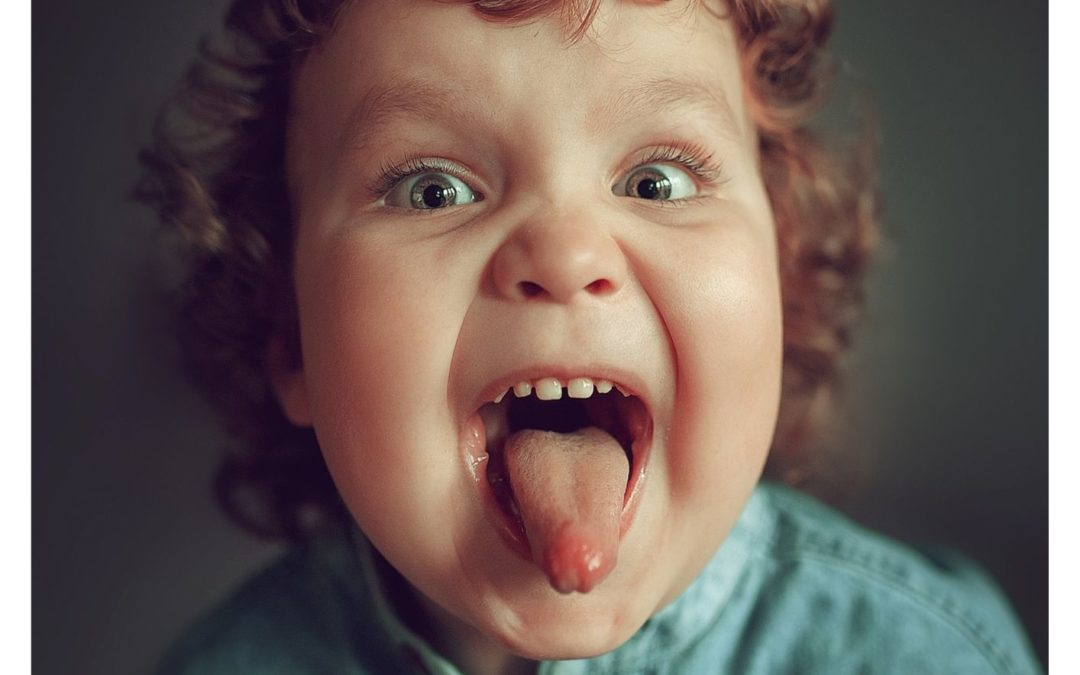By approximately five years of age, a child’s speech-sounds are generally fully developed. So, children who are older than 5 with speech-sound delay must have something else going on. For children who present with no other developmental concerns, the cause of such delay can be hard to find. Often there is just correlation. Some might wonder, should we attempt to find the cause, or just fix the delay? Why not both? What if the same cause might be contributing to several compounding issues?
Sylvia Hitos and colleagues wrote a research paper in 2012 entitled Oral Breathing and Speech Sound Disorders in Children. These researchers are based in Brazil, a country well-known for its research in the area of mouth breathing. They studied 439 children between the ages of 4 and 12 years, all of whom breathed through their mouths. Of this number, 137 children, or over 31% of the cohort, were older than 5 years and had speech disorders. Mouth breathing could well be, according to their article, an interfering factor in the speech development of these children. They also found that speech disorders were actually more frequent for children between the ages of 5 and 8 years – a time when peer development is important, alongside learning to read and write.
What is very important to understand here, that the authors note, is that mouth breathing may not only be contributing to delayed speech development, but also to poorer social skills (due to delayed speech and not being well-understood by peers) and to low literacy skills (when hearing, differentiating, and writing speech-sounds into words is required). We already know, due to research already undertaken, that there is a close relationship between mouth breathing, learning disabilities, attention issues, and memory deficits. So, the suggestion here is that mouth breathing may in turn affect speech and language development.
There is a lot more research yet to do. But the correlation is both interesting and potentially concerning nonetheless.
Hitos SF, Arakaki R, Solé D, Weckx LL. Oral breathing and speech disorders in children. J Pediatr (Rio J). 2013;89:361-5.
About the Author Nel MacBean
Nel holds a Master of Speech Language Pathology from the University of Sydney and post graduate qualifications in Education. As a Certified Practising Speech Pathologist (CPSP), she is a Member of Speech Pathology Australia (MSPA), with more than 10 years’ experience in speech pathology and prior to that almost 20 years of teaching.
She is currently undertaking higher degree research within the Faculty of Medicine and Health in the discipline of Speech Pathology at the University of Sydney. Read more here
Our speech pathology and psychology clinic is located in Braddon, ACT, in Canberra’s CBD. Call us on 5117 4890 or email reception@inpositivehealth.com to get in touch.
In Positive Health, Canberra. Nel MacBean Speech Pathologist Canberra. Campbell MacBean Psychologist Canberra.
Speech pathology Canberra Speech pathology Canberra Speech pathology Canberra
Speech pathology Canberra Speech pathology Canberra Speech pathology Canberra
Speech pathology Canberra Speech pathology Canberra Speech pathology Canberra
Speech pathology Canberra Speech pathology Canberra Speech pathology Canberra
Speech pathology Canberra Speech pathology Canberra Speech pathology Canberra
Speech pathology Canberra Speech pathology Canberra Speech pathology Canberra
Speech pathology Canberra Speech pathology Canberra Speech pathology Canberra
Speech pathology Canberra Speech pathology Canberra Speech pathology Canberra
Speech pathology Canberra Speech pathology Canberra Speech pathology Canberra
Speech pathology Canberra Speech pathology Canberra Speech pathology Canberra


